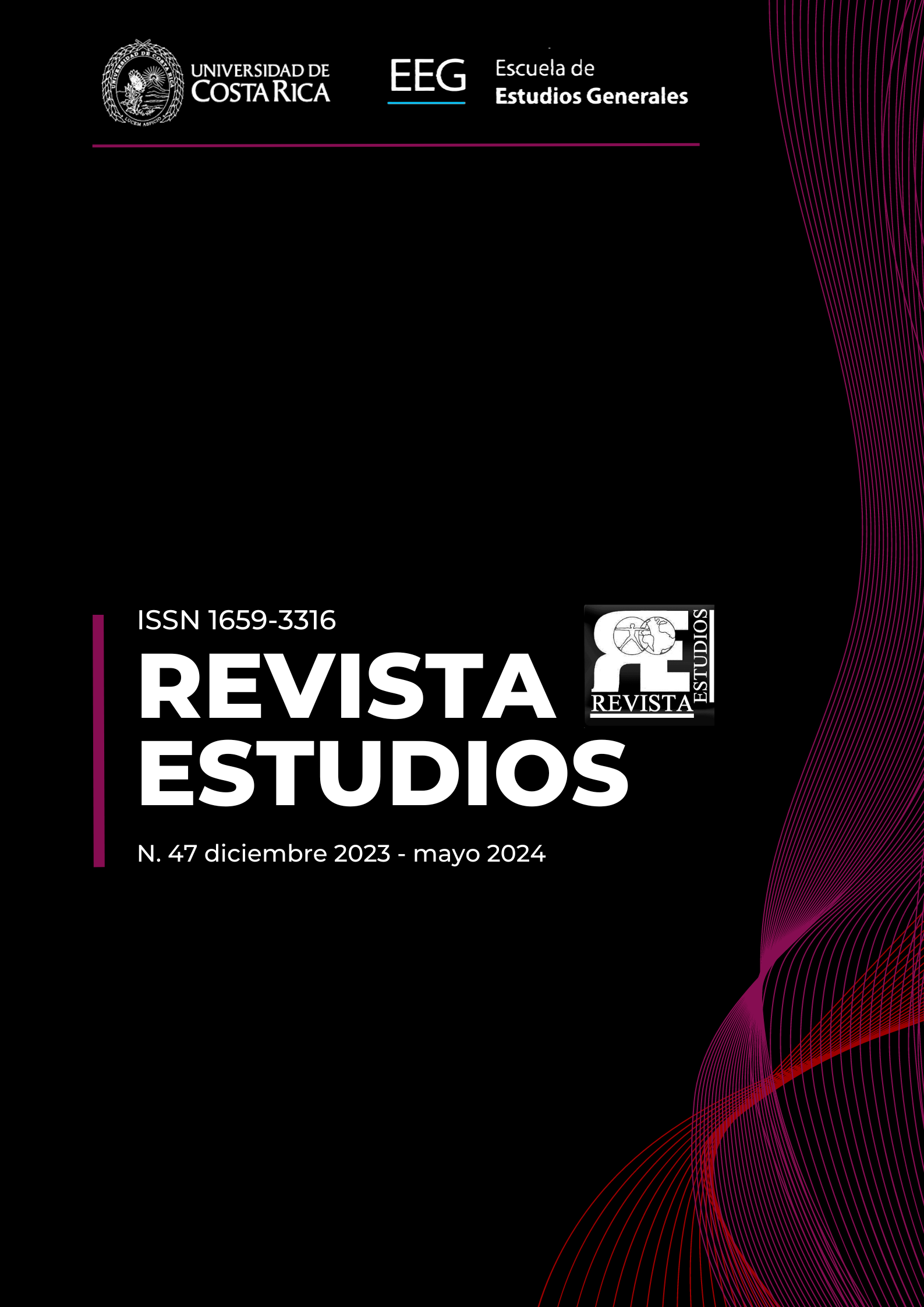Abstract
In this text, in the form of a story, I narrate in first person the practical teaching experience developed in the subject of Communication and Helping Relationships of the Degree in Social Work, in which an inverted classroom experience was implemented. The students received their theoretical classes via “podcasts” and the class time was dedicated to experiential learning activities. Despite the difficulties caused by the COVID-19 pandemic, and the obligation to conduct classes in online and hybrid format, the methodology implemented for this course has been ideal for dealing with a subject with a high emotional content, in which students not only have to learn content, but must also develop their socio-emotional skills. From the experience I conclude that the inverted classroom methodology contributes to the development of the competences of the subject and, secondly, that the motivation and commitment of the students to their own learning is a key element for the development of these types of experiences.
References
Awidi, I. y Paynter, M. (2018). The impact of a flipped classroom approach on student learning experience. Computers & Education, 128, 269-283. https://doi.org/10.1016/j.compedu.2018.09.013
Akçayır,G y Akçayır, M. (2018). The flipped classroom: A review of its advantages and challenges. Computers & Education, 126, 334-345. https://doi.org/10.1016/j.compedu.2018.07.021
Angúndez, M. (2008). El paradigma universitario Ledesma–Kolvenbach. Revista de Fomento Social 63, 603–631.
Universidad Pontificia Comillas (2017). Guía docente de la asignatura de Comunicación y Relación de Ayuda. Grado de Trabajo Social. Universidad Pontificia Comillas, España.
Holmes, M. R., Tracy, E. M., Painter, L. L. et al. (2015). Moving from Flipcharts to the Flipped Classroom: Using Technology Driven Teaching Methods to Promote Active Learning in Foundation and Advanced Masters Social Work Courses. Clinical Social Work Journal, (43), 215–224. https://doi.org/10.1007/s10615-015-0521-x
Gentry S. V., Gauthier, A., L'Estrade Ehrstrom, B., Wortley D., Lilienthal A., Tudor Car L., Dauwels-Okutsu S., Nikolaou, C.K., Zary, N., Campbell, J., y Car, J. (2019). Serious Gaming and Gamification Education in Health Professions: Systematic Review. Journal of Medical Internet Research; 21(3), e12994. https://doi/10.2196/12994
Grau Ibarra, K. (2019). SoundCloud: sus posibilidades y limitaciones como una plataforma de distribución de pódcast educativos. Revista de Educación a Distancia (RED), 19(60), 1-16. https://doi.org/10.6018/red/60/09
Hernández-Fernández, C. (Director y presentador). (2019-2023). Comunicación y Relación de Ayuda [Pódcast]. Ivoox. https://open.spotify.com/show/0qXuVDCYF8HvkEynJwHULbhttps://www.ivoox.com/podcast-comunicacion-y-relacion-de-ayuda_sq_f1843055_1.html
Kolb, D. (2000). Facilitators Guide to Leaning. TRG /Hay/McBer.
Lage, M., Platt, G., y Treglia, M.(2000). Inverting the classroom: A gate way to creating an inclusive learning environment. The Journal of Economic Education,31(1), 30-43. https://doi.org/10.1080/00220480009596759
Laaser, W., Liliana Jaskilioff, S., & Rodríguez Becker, L. C. (2010). Podcasting: ¿Un nuevo medio para la Educación a Distancia? Revista de Educación a Distancia (RED), (23), 1-10. https://revistas.um.es/red/article/view/111681
Lashley, M. A., Acevedo, M., Cotner, S., & Lortie, C. J. (2020). How the ecology and evolution of the COVID-19 pandemic changed learning. Ecology and Evolution, 10(22), 12412– 12417. https://doi.org/10.1002/ece3.6937
Millán-Franco, M., Orgambídez, A., De la Rosa, L., & Martínez, S. (2020). Inteligencia Emocional y Felicidad Subjetiva en estudiantes de trabajo social. Alternativas. Cuadernos de Trabajo Social, (27), 117-132. https://doi.org/10.14198/ALTERN2020.27.06
Oliván-Blázquez, B., Masluk, B., Gascon S., Fueyo-Díaz, R., Aguilar-Latorre, A., Artola-Magallón, I. et al. (2019). The use of flipped classroom as an active learning approach improves academic performance in social work: A randomized trial in a university. PLoS ONE, 14(4). https://doi.org/10.1371/journal.pone.0214623
Rogers. C. (2011). El proceso de convertirse en persona. Paidós.
Salovey, P., & Mayer, J. D. (1990). Emotional Intelligence. Imagination, Cognition and Personality, 9(3), 185–211. https://doi.org/10.2190/DUGG-P24E-52WK-6CDG
Segura, T., Miranda Díaz, F., Alejandro y Sánchez Moguel, A. (2007). La evaluación como proceso de legitimidad: la opinión de los alumnos. Reporte de una experiencia. Perfiles educativos [online],29, (118), 07-24.
Strickland, B. T., Brooke, J. M., Zische, M. T., & Lashley, M. A. (2020). Podcasting as a tool to take conservation education online. Ecology and Evolution. 10(3),1666-1677. https://doi.org/10.1002/ece3.7353
Zatarain, R. (2018). Reconocimiento afectivo y gamificación aplicados al aprendizaje de Lógica algorítmica y programación. Revista Electrónica de Investigación Educativa, 20(3), 115-125. https://doi.org/10.24320/redie.2018.20.3.1636
Walton, P. (2012). Beyond talk and text: An expressive visual arts method for social work education. Social Work Education, 31(6), 724–741. https://doi.org/10.1080/02615479.2012.695934
##plugins.facebook.comentarios##

This work is licensed under a Creative Commons Attribution-NonCommercial-ShareAlike 4.0 International License.
Copyright (c) 2023 Carlos Hernández-Fernández


